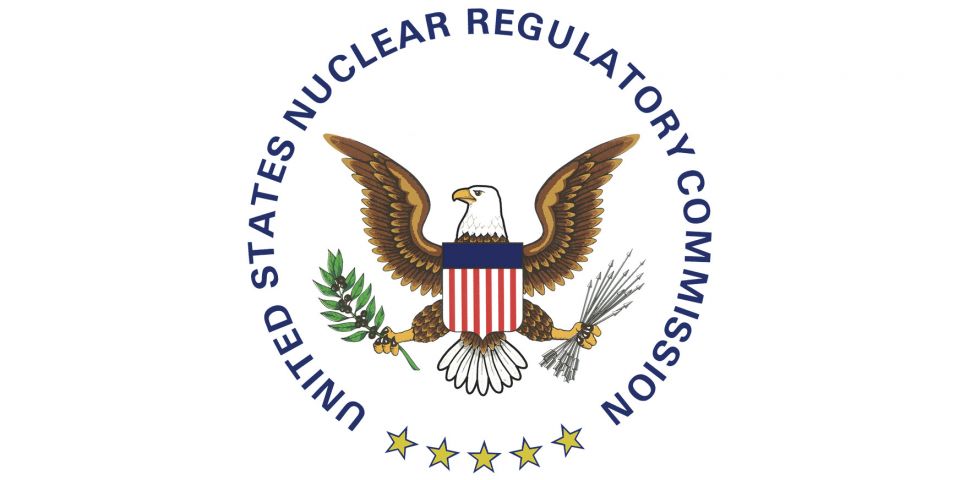“Supporting nuclear power projects abroad is essential to help the world achieve a low-carbon future and to help the U.S. solidify its place among the world’s energy leaders,” Piercy said. “I urge you to remove the legacy prohibition on support for nuclear energy projects in developing countries.”
Background: The DFC’s change to its Environmental and Social Policy and Procedures, proposed and opened to 30 days of public comment on June 10, was based on a recommendation from the U.S. Nuclear Fuel Working Group’s April 2020 report on “Restoring America’s Competitive Nuclear Energy Advantage.”
Key advantages: Investment in nuclear development overseas will promote U.S. goals in foreign policy and advance global safety standards, Piercy said, since state-owned enterprises in Russia and China currently dominate the global nuclear market. With that market valued at $500 billion–$740 billion over the next 10 years, nuclear exports could be an engine for U.S. job growth.
Clean energy, too: “Sustainable economic development abroad depends on access to clean and reliable electricity, and nuclear energy—in tandem with wind, solar, and other renewables—can effectively meet this requirement without adding to global pollution levels and harming public health,” Piercy said.
Visit www.ans.org/policy for more information about ANS’s participation in U.S. and international public policy discussions.



